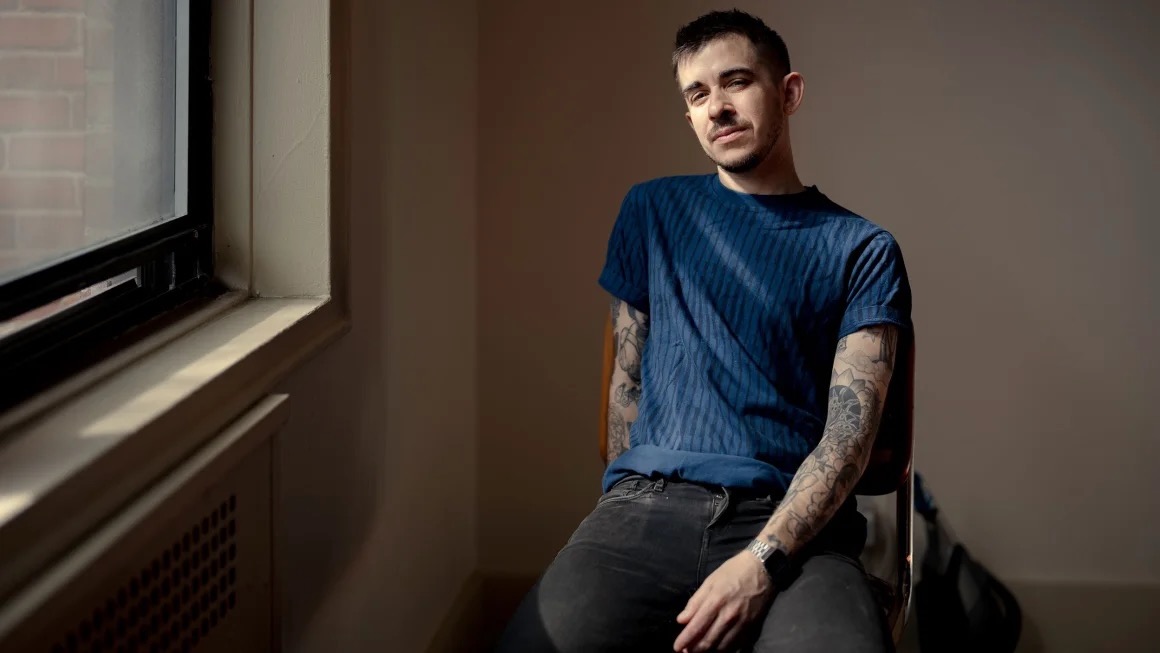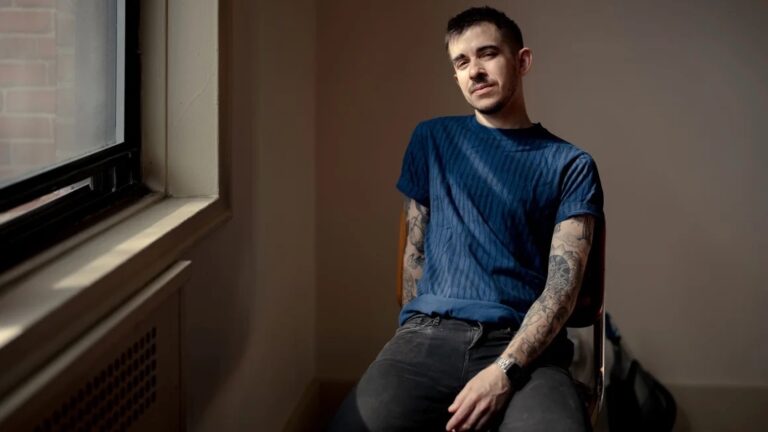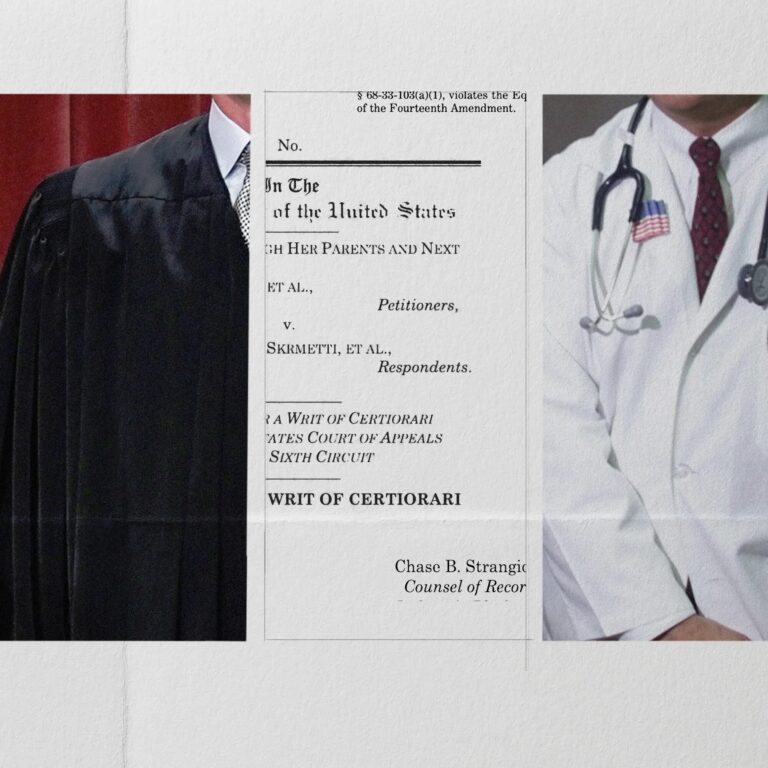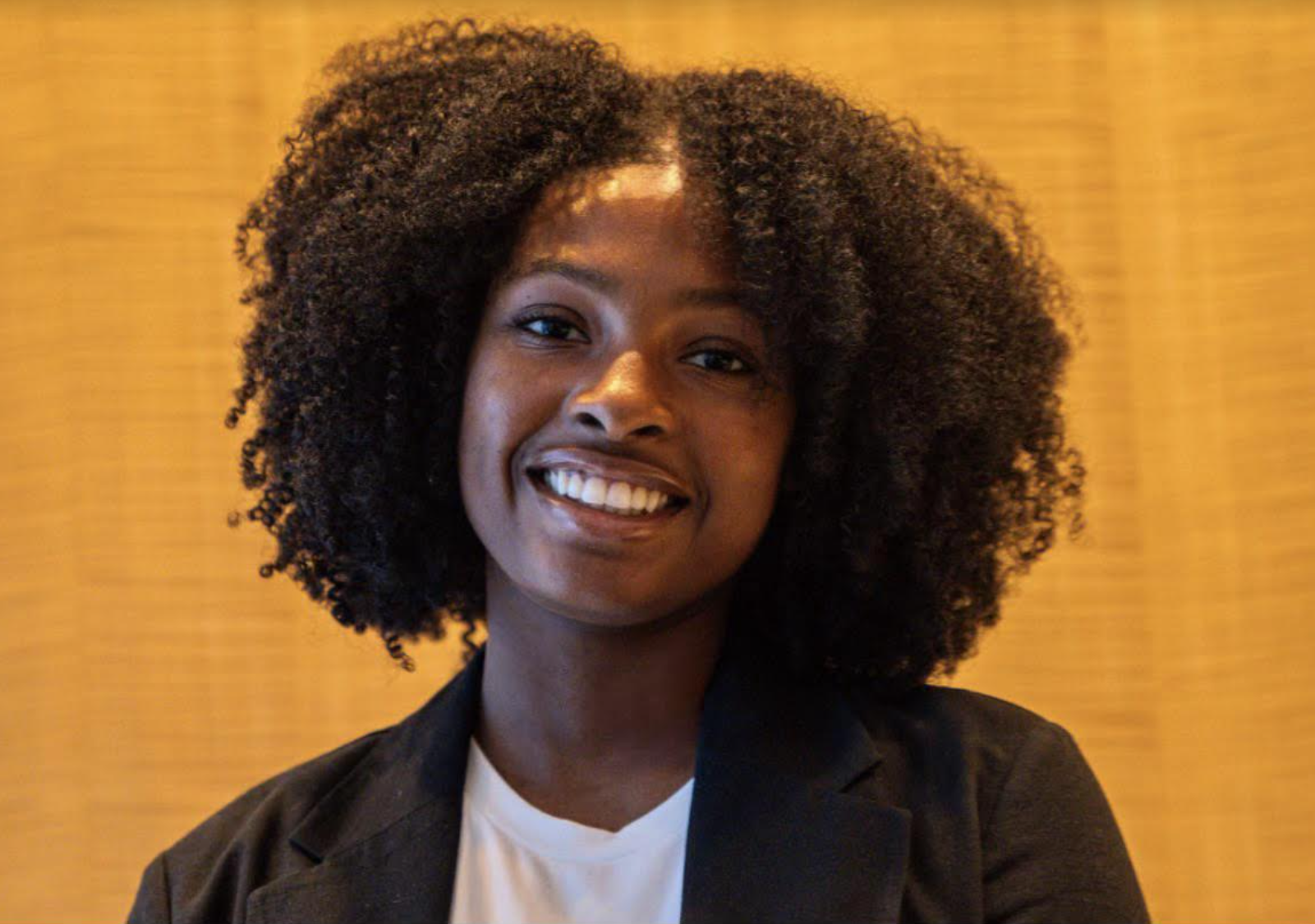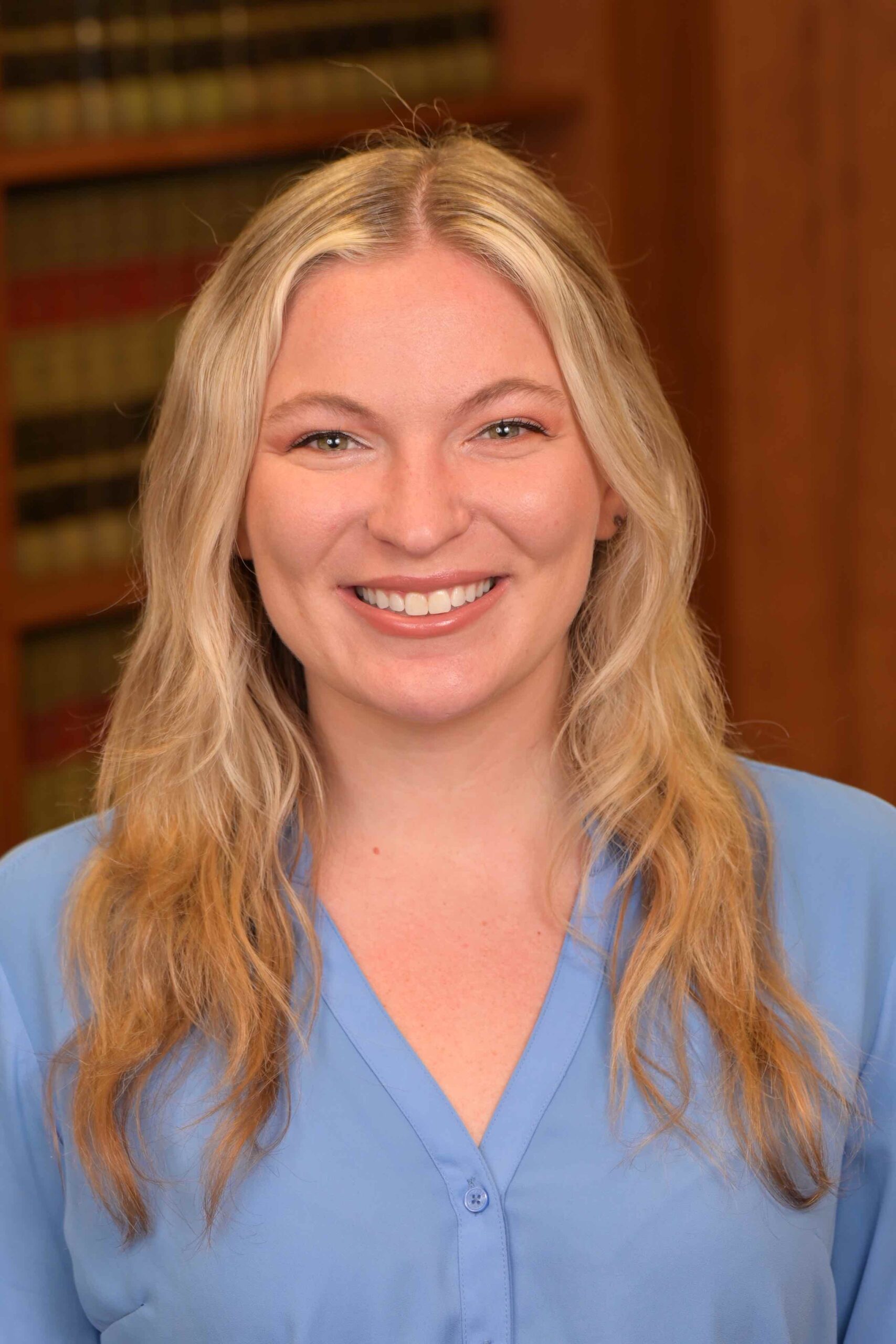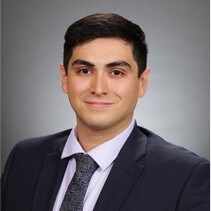The first trans lawyer to argue before the Supreme Court
More Of This
A single 15-minute argument in the middle of this week could change Chase Strangio’s life – and the lives of so many people like him in the United States.
Strangio, an attorney for the ACLU, is set to make history Wednesday as the first known transgender person to argue before the US Supreme Court. And he’ll do it as part of the most high-profile dispute on the docket this session.
The case, US v. Skrmetti, challenges a Tennessee law that bans treatments, including hormone therapy and puberty blockers, for transgender minors and imposes civil penalties on doctors who violate the prohibitions. Some two dozen similar laws have been enacted in recent years in Republican-led states.
The high court’s ruling could have a cascading effect, not just for the families and physicians whose lives are deeply intertwined with its outcome – and who await Strangio’s appearance at the lectern with guarded hope – but also for the next chapter of civil rights law in the United States.
For Strangio, the professional path that’s led to this moment – in which he’ll have 15 minutes to present his argument to the justices – cannot be unwoven from his life outside the courtroom.
Read the rest on CNN >
Trans healthcare saved my life
Speaking Of...
Chase Strangio is a co-director of the L.G.B.T.Q. & H.I.V. Project at the American Civil Liberties Union, and the first trans lawyer to argue before the Supreme Court.
On Wednesday I will present oral argument before the Supreme Court in United States v. Skrmetti, a challenge to Tennessee’s ban on gender-affirming care for transgender adolescents.
I, along with my colleagues at the American Civil Liberties Union and other co-counsel, represent three transgender adolescents, their parents and a Tennessee doctor who is barred from treating her transgender patients under the age of 18 with the hormone therapy she is permitted to prescribe for purposes other than to treat gender dysphoria. In Tennessee, doctors can prescribe puberty-blocking medication and hormone therapy for many medical reasons. Under the Tennessee law that is now being challenged before the Supreme Court, they are barred from doing so to allow an adolescent to identify, live or appear in a way inconsistent with the person’s sex assigned at birth.
Read the rest of the story on NY Times >
Conservative judges want to use the “Great Replacement" theory to end birthright citizenship
Less Of This
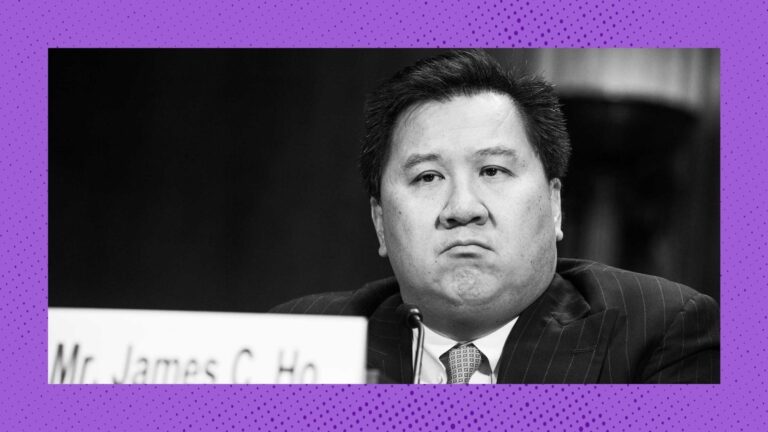
It used to be that right-wing conspiracy theories about shadowy cabals importing migrants to take over the United States were confined to the darker corners of the internet, but apparently, part of making America great again is bringing them to federal court opinions. In his latest bid to impress President-elect Donald Trump, Fifth Circuit Judge James Ho recently put on his finest tinfoil hat to describe desperate people seeking safety for their families as a horde conducting a coordinated invasion of the United States.
This, Ho says in a concurring opinion in United States v. Abbott, justifies denying United States citizenship to children of migrants who are born in the United States. “A sovereign isn’t a sovereign if it can’t defend itself against invasion,” he writes, arguing that Texas Governor Greg Abbot’s declaration of an “invasion” at the border is a “political question” to which federal judges like himself must defer. And in a follow-up interview at The Volokh Conspiracy, Ho asserted that birthright citizenship “obviously” doesn’t apply in the case of “war or invasion”—a little performance that just might vault him into the lead to be Trump’s next Supreme Court pick.
Read the rest of the story on Balls & Strikes >
The lawyer who worked in the shadows to move the Courts to the right is ready to “crush” his opponents
Stay Vigilant
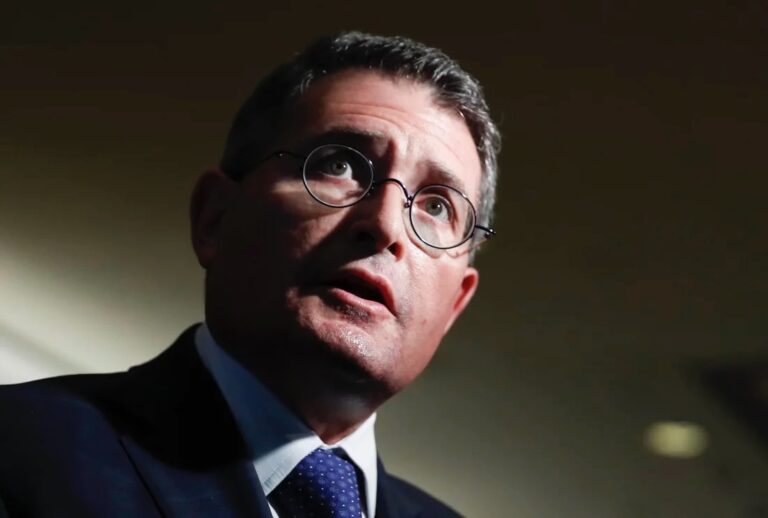
Leonard Leo may not be a household name, but odds are most people in the country know his signature achievement:
Leo was a key architect of the conservative supermajority on the Supreme Court that rolled back the federal right to an abortion.
The conservative activist advised President-elect Donald Trump during his first term on the nominations of Neil Gorsuch, Brett Kavanaugh and Amy Coney Barrett. The three picks gave conservatives their 6-3 majority on the high court. And all of them voted to overturn the landmark Roe v. Wade abortion rights decision.
For decades, as a leading figure in the Federalist Society and other conservative legal groups, Leo identified and promoted the careers of lawyers and law clerks who shared his views of the constitution.
Read the rest of the story on NPR >




